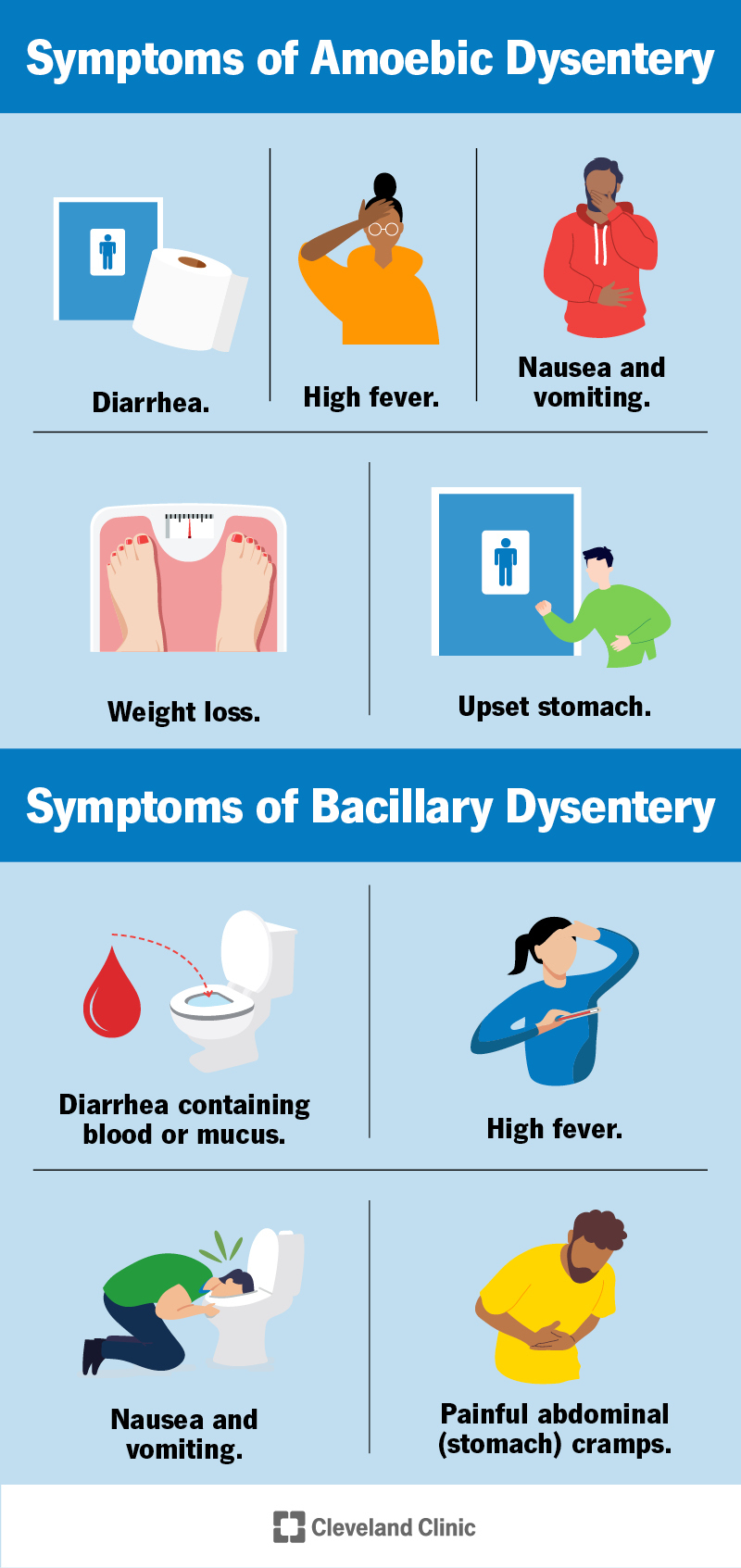What is Dysentery?
Dysentery is a bacterial infection caused by Shigella, Salmonella, or Campylobacter species. It is commonly spread through contaminated food, water, or person-to-person contact. The infection can range from mild to severe, with symptoms including diarrhea, abdominal cramps, fever, and bloody stools. In severe cases, dysentery can lead to dehydration, sepsis, and even death.
Why are Immunocompromised Individuals at Risk?
Immunocompromised individuals have a weakened immune system, making them more susceptible to infections, including dysentery. Their immune system may not be able to effectively fight off the bacteria, leading to a more severe and prolonged infection. Additionally, immunocompromised individuals may be more likely to experience complications, such as sepsis or abscesses, due to their compromised immune response.
Prevention Strategies
Preventing dysentery in immunocompromised individuals requires a multi-faceted approach that includes:
- Good Hygiene Practices: Frequent handwashing with soap and water, especially after using the bathroom, before eating, and after coming into contact with potentially contaminated surfaces or objects.
- Safe Food Handling: Avoid consuming undercooked or raw meat, poultry, or seafood. Ensure that all food is cooked to the recommended internal temperature, and refrigerate perishable items promptly.
- Clean Water: Drink safe, treated water, and avoid consuming untreated water from lakes, rivers, or wells.
- Avoid Close Contact: Avoid close contact with individuals who have dysentery or are experiencing symptoms, as the infection can spread through person-to-person contact.
- Vaccinations: Certain vaccinations, such as the typhoid vaccine, can help protect against specific types of dysentery.
- Antibiotics: In some cases, antibiotics may be prescribed to prevent dysentery in immunocompromised individuals, especially during outbreaks or when traveling to areas with high risk of infection.
Additional Measures for Immunocompromised Individuals
Immunocompromised individuals should take extra precautions to prevent dysentery, including:
- Regular Health Check-Ups: Regular health check-ups with a healthcare provider can help identify any underlying conditions that may increase the risk of dysentery.
- Medication Adherence: Adhering to prescribed medication regimens, including immunosuppressive medications, can help manage underlying conditions and reduce the risk of infection.
- Healthy Lifestyle: Maintaining a healthy lifestyle, including a balanced diet, regular exercise, and adequate sleep, can help support the immune system.
- Avoiding High-Risk Activities: Avoiding high-risk activities, such as traveling to areas with poor sanitation or engaging in high-risk behaviors, can help reduce the risk of infection.
FAQs
- Q: What are the symptoms of dysentery?
A: Symptoms of dysentery include diarrhea, abdominal cramps, fever, and bloody stools. - Q: How is dysentery spread?
A: Dysentery is spread through contaminated food, water, or person-to-person contact. - Q: Can dysentery be treated?
A: Yes, dysentery can be treated with antibiotics, fluid replacement, and rest. - Q: How can I prevent dysentery?
A: Preventing dysentery requires good hygiene practices, safe food handling, clean water, avoiding close contact with infected individuals, and vaccinations. - Q: Are there any specific precautions for immunocompromised individuals?
A: Yes, immunocompromised individuals should take extra precautions, including regular health check-ups, medication adherence, healthy lifestyle, and avoiding high-risk activities.
Conclusion
Dysentery is a serious infection that can have severe consequences, especially in immunocompromised individuals. Preventing dysentery requires a multi-faceted approach that includes good hygiene practices, safe food handling, clean water, avoiding close contact with infected individuals, and vaccinations. Immunocompromised individuals should take extra precautions, including regular health check-ups, medication adherence, healthy lifestyle, and avoiding high-risk activities. By following these guidelines, individuals can reduce their risk of contracting dysentery and prevent serious complications. It is essential for immunocompromised individuals to consult with their healthcare provider to discuss specific prevention strategies and treatment options. By working together, we can reduce the incidence of dysentery and promote a healthier, safer community for all.
Recommendations
Based on the information provided, we recommend the following:
- Immunocompromised individuals should consult with their healthcare provider to discuss specific prevention strategies and treatment options.
- Individuals should practice good hygiene, safe food handling, and clean water habits to reduce the risk of dysentery.
- Vaccinations and antibiotics may be prescribed to prevent dysentery in high-risk individuals.
- Regular health check-ups and medication adherence can help manage underlying conditions and reduce the risk of infection.
- A healthy lifestyle, including a balanced diet, regular exercise, and adequate sleep, can help support the immune system.
By following these recommendations and taking a proactive approach to prevention, immunocompromised individuals can reduce their risk of contracting dysentery and promote a healthier, safer community for all.
Closure
Thus, we hope this article has provided valuable insights into Dysentery prevention in immunocompromised individuals. We thank you for taking the time to read this article. See you in our next article!
